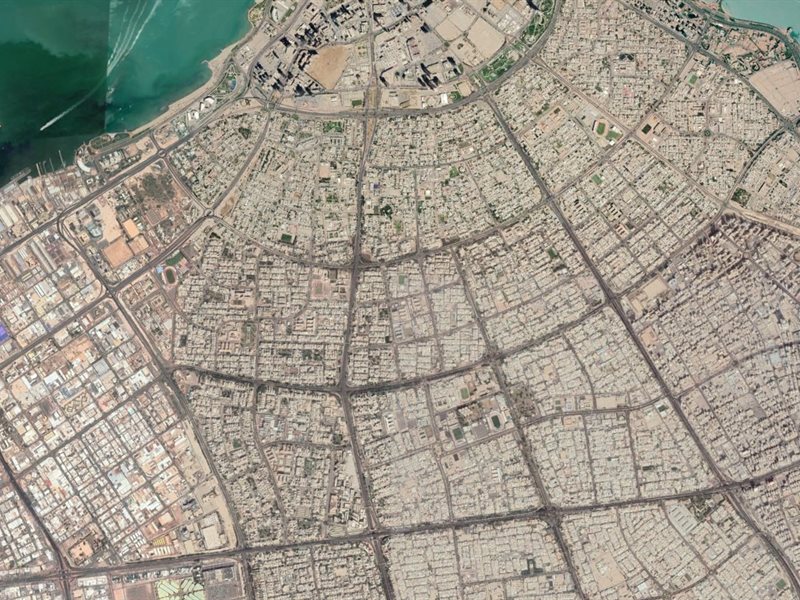
Kuwait City / Google Earth
There is a growing wealth of context-sensitive evidence and practical guidance about policies, investments and land use patterns that support more sustainable models of urban development. But even when there is political will, many countries and cities around the world struggle with implementation. By looking at the particular case of metropolitan Kuwait, this project explores whether this may be explained by governance.
In Kuwait, past decisions have led to a city characterised by low-density urban sprawl, heavy reliance on private cars, spatial segregation and limited use of public space. To analyse the governance framework underpinning these decisions, the project will look into the relevant laws and institutions, public finance mechanisms, and norms, traditions, aspirations and informal relationships shaping urban governance in Kuwait.
The research will also take stock of spatial inequalities and cross reference them with socioeconomic traits such as ethnicity and class. This will be instrumental to test the links between governance arrangements and socioeconomic and political outcomes. A key objective is producing research findings that can inform Kuwaiti decision-makers about reforms that could help shape future spatial development in the metropolis
Outputs
Principal Investigators
Nuno is Assistant Professorial Research Fellow at LSE Cities.
Dhari is an Assistant Professor in the College of Business Administration at Kuwait University.
Researchers
Muneerah Alrabe
Muneera is a consultant on the project.
Abdullah Al-Khonaini
Abdullah is a consultant on the project.